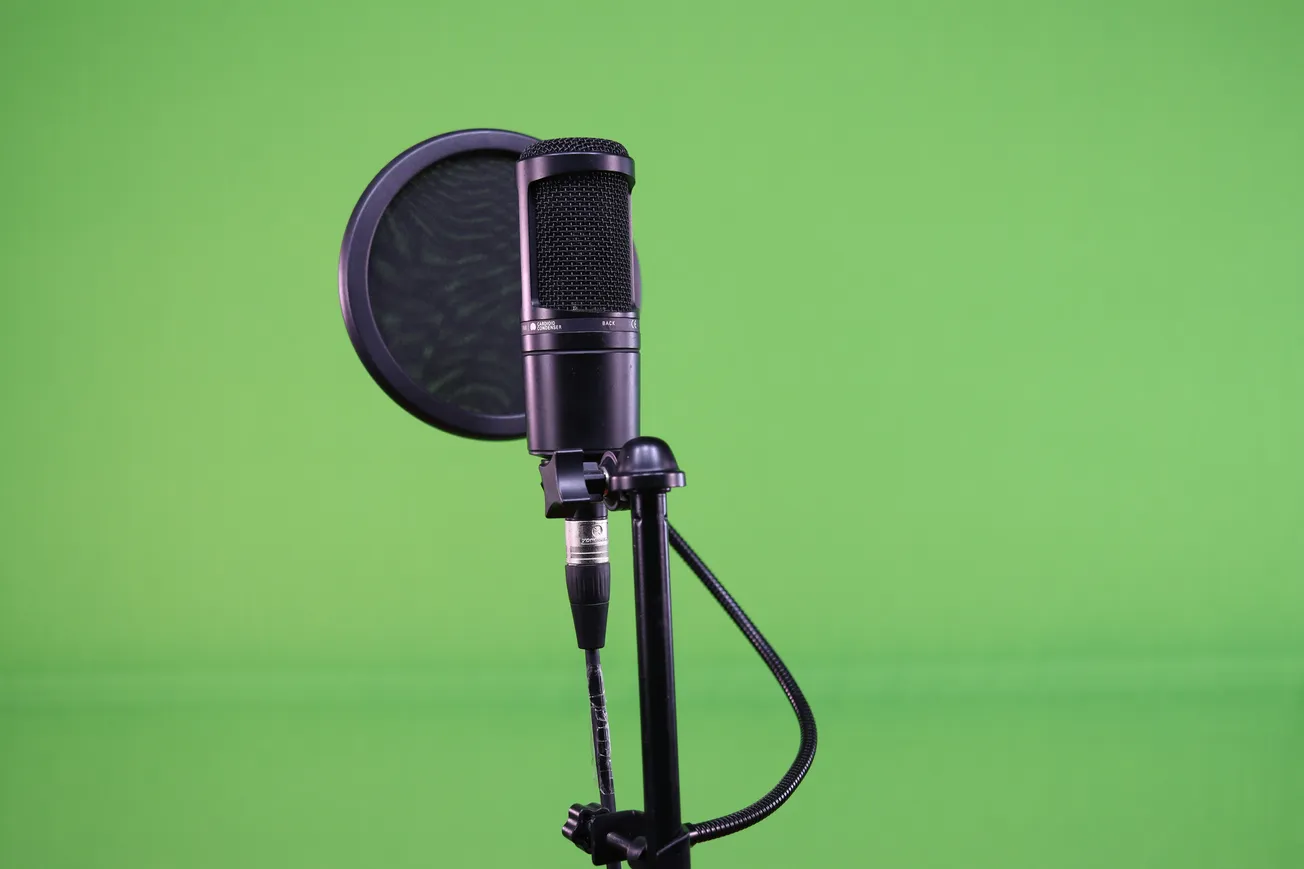In the evolving media ecosystem, political podcasts are increasingly becoming powerful instruments for shaping public opinion, influencing elections and even informing policy decisions. What began as a niche format has matured into a mainstream political force – one with long-form storytelling, trusted voices and deeply engaged audiences.
As traditional journalism grapples with audience fragmentation and declining trust, podcasts have emerged as one of the few platforms where public figures, activists and journalists can communicate directly and unfiltered to millions of listeners.
The Podcast as Political Weapon
Unlike the brevity of social media posts or the formality of televised debates, podcasts provide the perfect environment for nuanced, uninterrupted dialogue. In this setting, political figures can build a sense of authenticity and relatability that is difficult to achieve elsewhere.
During the 2024 U.S. presidential election cycle, both major candidates leaned heavily into podcast appearances. Donald Trump and Kamala Harris leveraged platforms such as "The Joe Rogan Experience" and "Call Her Daddy" to reach younger, digital-first audiences, illustrating how mainstream politicians now view podcasts not just as PR opportunities but as essential campaign stops.
According to Business Insider, digital creators with devoted followings now rival cable anchors and print journalists in influence. These hosts are not only conduits of political messaging, but they are also co-creators of the narrative.
Beyond Sound Bites: Building Public Trust
What makes podcasts uniquely powerful is the depth of engagement. Unlike a tweet or a TikTok, a podcast episode might last 30 to 90 minutes, providing space for layered arguments, personal anecdotes and policy explanations. Research consistently shows listeners trust podcast hosts more than other media figures, largely because of the intimate, conversational tone of the format.
According to Tech Policy Press, about 89% of podcast listeners consider their favorite hosts to be trustworthy sources of information, outpacing trust in traditional news anchors and even elected officials. For political campaigns, this trust translates into persuasive power, making podcast guest spots a highly coveted form of earned media.
Podcasts as Platforms of Protest and Counterpublics
The rise of podcasts has also given voice to anti-establishment movements and marginalized communities, functioning as “counterpublics” that challenge mainstream narratives. This is particularly evident in shows that blend cultural commentary with political critique like Chapo Trap House, MeidasTouch, or Red Scare.
These programs do more than entertain; they construct new political identities and offer alternative frames for understanding current events. According to Tech Policy Press, such podcasts often lean into a tone of populist critique of government, media or corporate influence, and they attract audiences disillusioned by traditional institutions.
The result is a digital public square where policy issues are debated in real time by voices that are not restricted by editors or networks. This accessibility, while empowering, also introduces challenges.
Risks: Misinformation, Echo Chambers, and Toxicity
With greater reach comes greater responsibility. The political podcast space, like many online platforms, is not immune to misinformation and ideological echo chambers. A recent study from the University of Pennsylvania found high levels of rhetorical toxicity in political podcasts, especially those that emphasize partisan identity or outrage.
Episodes analyzed by researchers were found to contain significant levels of adversarial rhetoric, misinformation and emotionally charged language, which can contribute to political polarization. These risks highlight the need for more robust platform moderation policies and media literacy efforts among listeners.
Platforms such as Spotify and YouTube have begun experimenting with content labels and misinformation tracking for political podcasts, but regulation remains uneven and complicated by questions of free speech and editorial independence.
Influencing Not Just Listeners, But Policymakers
Perhaps most notably, political podcasts are now impacting policy discussions at the legislative level. Policymakers themselves are stepping into the podcast arena – not just as guests, but as hosts. Shows like Plain English with Derek Thompson or Deep State Radio regularly feature think tank experts, former government officials and active lawmakers discussing policy in depth.
According to the Brumidi Group, podcasts are increasingly used by lobbyists and advocacy groups to shape the public narrative around legislation, court cases and budget priorities. In some cases, episodes have been cited or referenced in congressional hearings and policymaker briefings.
This growing influence represents a paradigm shift: no longer just a content format, podcasts are becoming a strategic part of the policy communications ecosystem.
What This Means for Content Creators and Brands
The rise of political podcasting is not just a story about media but a blueprint for modern influence. Content creators looking to expand into politics or advocacy should recognize that:
- Depth matters: Long-form content builds trust.
- Narrative ownership is key: Unfiltered platforms allow for message control.
- Responsibility is non-negotiable: Influence must be paired with integrity and fact-checking.
For brands aligned with civic engagement, education or policy innovation, podcasts offer a way to contribute meaningfully to public discourse if approached with authenticity and transparency.
Political podcasts are reshaping how we engage with democracy, from voter education to legislative persuasion. In a media environment defined by fragmentation, these shows have created a space where voices can be heard, ideas can be explored and trust can be built.
As we head into future election cycles and policy debates, the question is not whether podcasts will influence politics. It is how we will ensure that influence is used responsibly.
More Reading
- How Podcasts Are Shaping Laws and Policies
- Podcasting Politics
- Podcast Controversy: Navigating Public and Official Backlash







